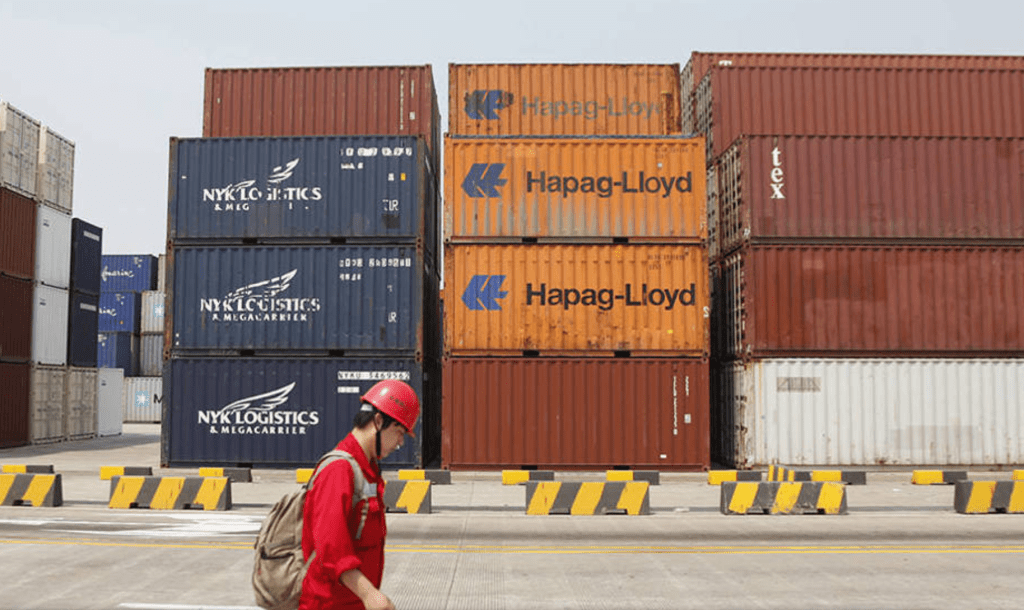Keywords: Globalization, Neoliberalism, International Order, Economic System, Narrative Shift, Shared Prosperity

The concept of globalization as we know it is facing a significant paradigm shift. The era of hyper-globalization, characterized by the unfettered flow of goods, capital, and finance, seems to be receding. As we stand on the brink of this seismic change, there lies an opportunity to rectify the shortcomings of neoliberalism and construct an international order anchored in the vision of shared prosperity. In this article, we explore the future of globalization and the critical narrative changes shaping it.
A Plot Twist in the Global Economic Narrative
The narrative underpinning the current global economic system is experiencing a transformation. Established after World War II, the liberal international order has been built on the free movement of goods, capital, and finance. However, in the face of growing economic disparities and the backlash against globalization, this model appears increasingly outmoded.
Every market order thrives on narratives – the stories we tell ourselves about the workings of the system. These narratives serve to establish and sustain norms that maintain an orderly functioning of the system, informing governments of their duties and restrictions. These norms have even more weight in a global economy that lacks a central government for enforcement.
Changing the Course of Globalization
In the world we inhabit today, these narratives are facing a significant shift. The neoliberal concept of unrestricted markets and unlimited profits is under scrutiny, leading to a reevaluation of what globalization should entail. The declining trust in hyper-globalization presents an opportunity to reshape the global economic narrative in favor of more equitable prosperity.
However, it is crucial to ensure that the world’s major powers do not allow national-security establishments to seize control of the narrative. The focus must remain on achieving shared prosperity and balancing it with necessary security measures.
Conclusion
The future of globalization hangs in the balance, and it’s our collective responsibility to steer it towards a path that emphasizes shared prosperity and equitable growth. By revisiting the narrative of globalization, we have the opportunity to construct a more balanced, sustainable international order that serves the many and not just the few.
This is a complex, multifaceted issue, and I encourage you to share your insights and perspectives. How do you see the future of globalization? What changes should we implement in the global economic narrative to ensure a fairer, more balanced world economy? Your input is invaluable as we grapple with these pivotal issues. Let’s work together to shape the discourse on globalization’s future, forging a path towards shared prosperity.







